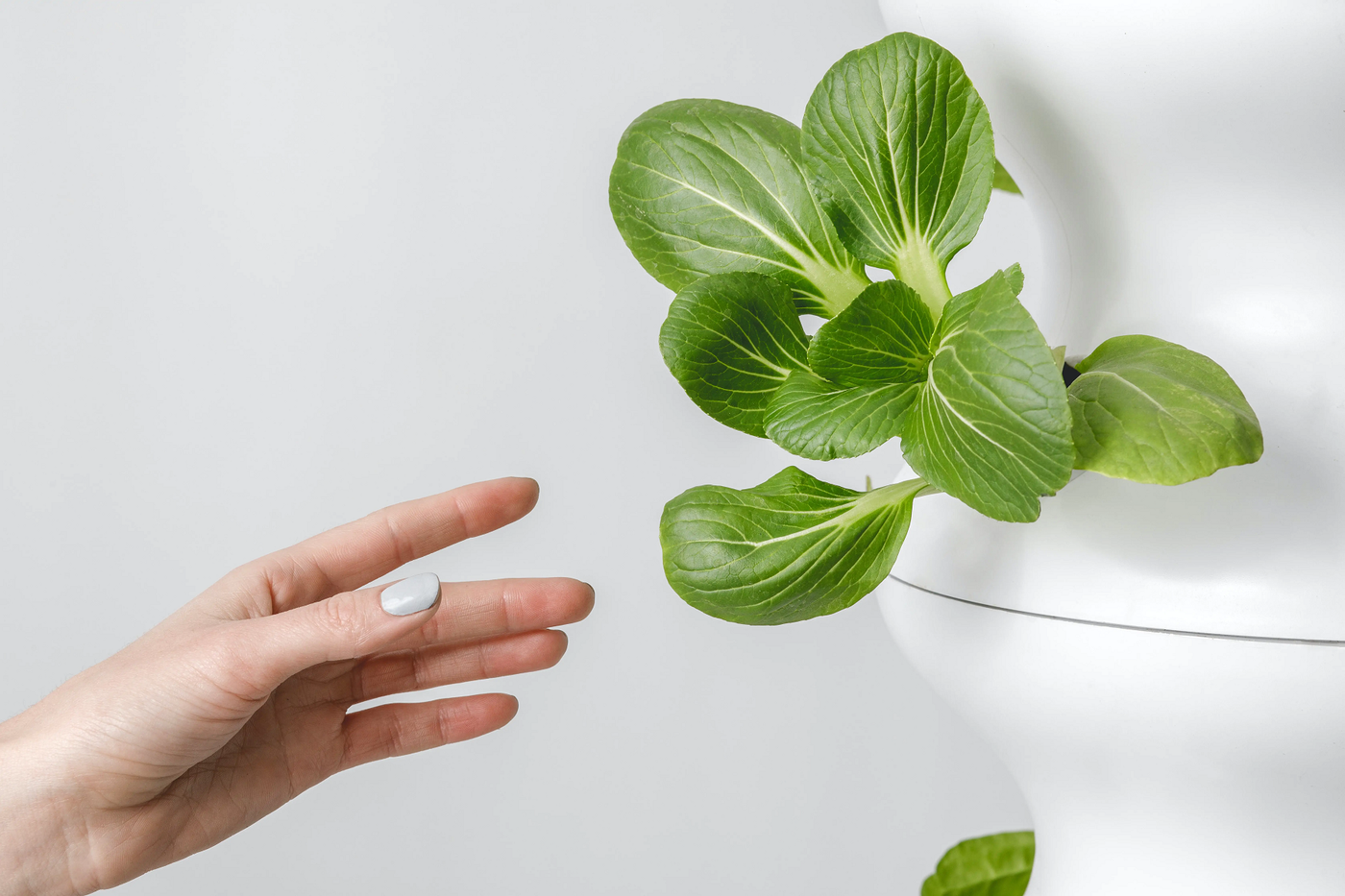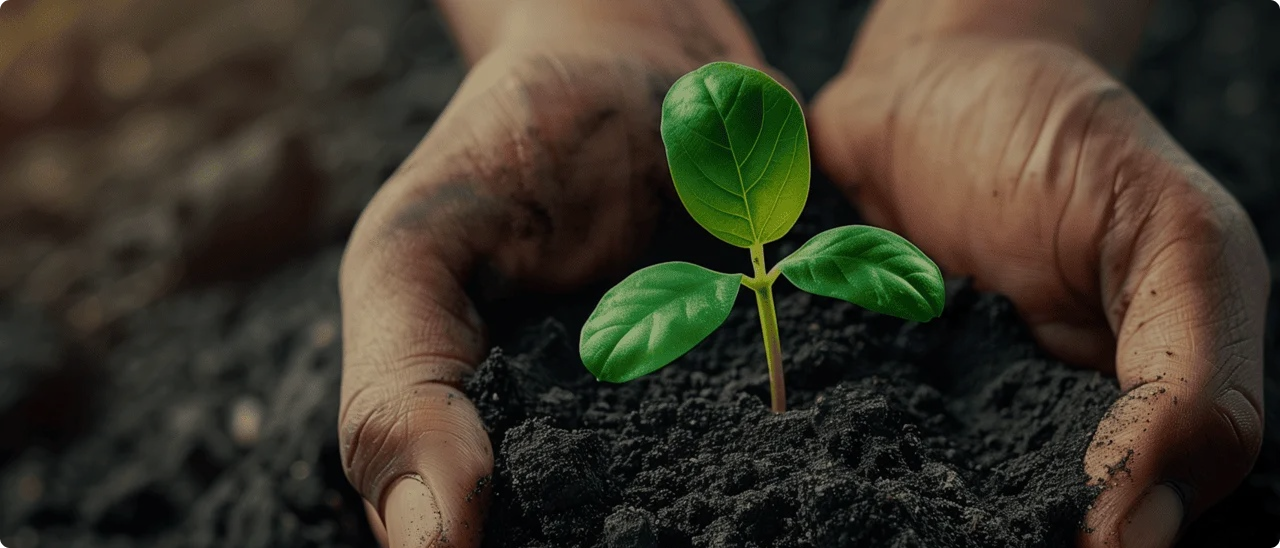The upsurge in organic farming practices and techniques in recent years has been a boon to farmers, agriculture enthusiasts and consumers who want to ensure the food they eat is grown with natural nutrients and use techniques which enhance our environment to produce better-tasting, healthier crops. But is it possible to grow “organic hydroponic” crops and plants? Although there remains some controversy over whether hydroponic crops can be legally certified “organic” (touched on briefly below), this article will focus on how you can use organic nutrients for hydroponics to ensure the highest quality crops. Most independent and home growers simply want to know the food they eat is healthy, nutritious and was grown in a sustainable way. Implementing an organic hydroponic approach is a great way to ensure this.
Organic Hydroponics
Applying an organic method to a hydroponic system means providing nutrients without synthetic chemicals or ingredients to your crops, while also promoting best ecological practices like saving water. Although conventional hydroponics can be achieved by using specific fertilizers and essentially following the instructions, using organic hydroponic techniques requires more planning, closer monitoring of the chemical balance of your solution as well as a bit more experimentation and trial-and-error. Simply replacing conventional, synthetic chemical fertilizer with an organic brand won’t necessarily work; you’ll have to adjust your approach to reap the full benefits of an organic hydroponic structure.
Techniques, Approaches and Nutrients
Broadly speaking, hydroponics differs from traditional methods in that plants are provided with a nutrient-rich solution, instead of using soil as a nutrient substrate. There are many ways to structure your hydroponic system to maintain its organic nature. The simplest method is to hand water your plants potted in whatever substrate you use with an organic nutrient solution. There are about as many grow mediums as there are varieties of hydroponic systems, but some of the most common and popular include rockwool, growstones, clay pebbles (leca), or coconut coir.
Most home growers and small farms, however, use an open flow irrigation system which uses a series of grow sites, pipes and pumps to regulate the flow of solution to your crops. These systems have many initial benefits, such as saving considerable amounts of water (many hydroponic systems are recirculating and use 1%-2% of the water as in conventional agriculture) and avoiding pests and diseases associated with growing in soil. Ideally, your system would also include a biofilter and a consistent source of oxygen for the solution (which prevents anaerobic chemical reactions that would harm your crops or clog your system).
Ensuring you have a truly “organic hydroponic” system primarily comes down to what type of nutrients you use. Organic nutrients are made solely from substances found in nature. Monster Gardens carries numerous organic nutrient lines containing essential nutrients for organic hydroponics (e.g. nitrogen fertilizer made from substances such as compost or manure) that are perfect for an organic hydroponic system.
The main problem with organic nutrients is concentration - a lower concentration of nutrients in your solution or fertilizer can result in malformations, disease or undernourishment. Therefore, it’s advisable that you closely monitor and carry out tests on your nutrient-source (for things like texture, color, smell, or gunk clogging your system), and carefully track ratios until you’ve reached optimal balance.
Despite the extra work, these efforts guarantee that your plants are grown pesticide-free in a compact, sustainable environment. This is the essence of organic hydroponics - developing a hydroponic system that incorporates the primary goals and principles of the organic movement such as health, ecology and care for the natural environment.
Certification
Whether crops grown with hydroponic organic farming techniques can be legally certified “organic” is a somewhat more complicated question. In 2021 a federal judge ruled that certification of “organic hydroponic” products complies with all applicable regulations and laws. The USDA has stated that to be certified organic, there is no requirement that crop production totally occurs in a soil-based environment. So, as it stands, crops grown with hydroponic farming techniques using organic nutrients and a hydroponic farming system can be legally certified “organic”.
We here at Monster Gardens hope this overview of using all-natural ingredients in your hydroponic system can create beautiful crops you’ll be proud to call “organic hydroponically grown”. If you’re feeling inspired to try it out for yourself, Monster Garden’s Silver Box Organic Hydrogarden package includes everything you need to get a small organic hydroponic setup started. For more information on the immense benefits of using a hydroponic system in the first place, check out: “7 Reasons Why You Should Consider Hydroponics”. ‘Til next time, happy gardening from Monster Gardens U, the source for all you need to know for a monster grow!


